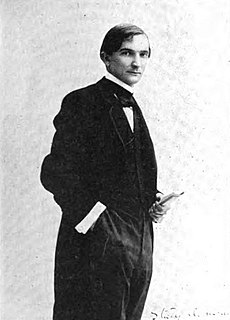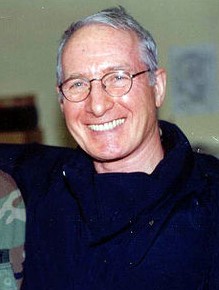A Quote by H. P. Lovecraft
Ultimate horror often paralyses memory in a merciful way.
Related Quotes
The definition of horror is pretty broad. What causes us "horror" is actually a many splendored thing (laughs). It can be hard to make horror accessible, and that's what I think Silence of the Lambs did so brilliantly - it was an accessible horror story, the villain was a monster, and the protagonist was pure of heart and upstanding so it had all of these great iconographic elements of classic storytelling. It was perceived less as a horror movie than an effective thriller, but make no mistake, it was a horror movie and was sort of sneaky that way.
I have been especially fortunate for about 50 years in having two memory banks available-whenever I can't remember something I ask my wife, and thus I am able to draw on this auxiliary memory bank. Moreover, there is a second way In which I get ideas ... I listen carefully to what my wife says, and in this way I often get a good idea. I recommend to ... young people ... that you make a permanent acquisition of an auxiliary memory bank that you can become familiar with and draw upon throughout your lives.
Jesus is the best clue we have as to what God is like and He is consistently gracious and merciful, especially to those who are failures. He is harsh to uptight, judgmental people, but merciful and gracious to the failures. He seems to draw out the smallest kernel of faith in each person that He's with. So, I presume that that's the way God is going to judge humanity.





































